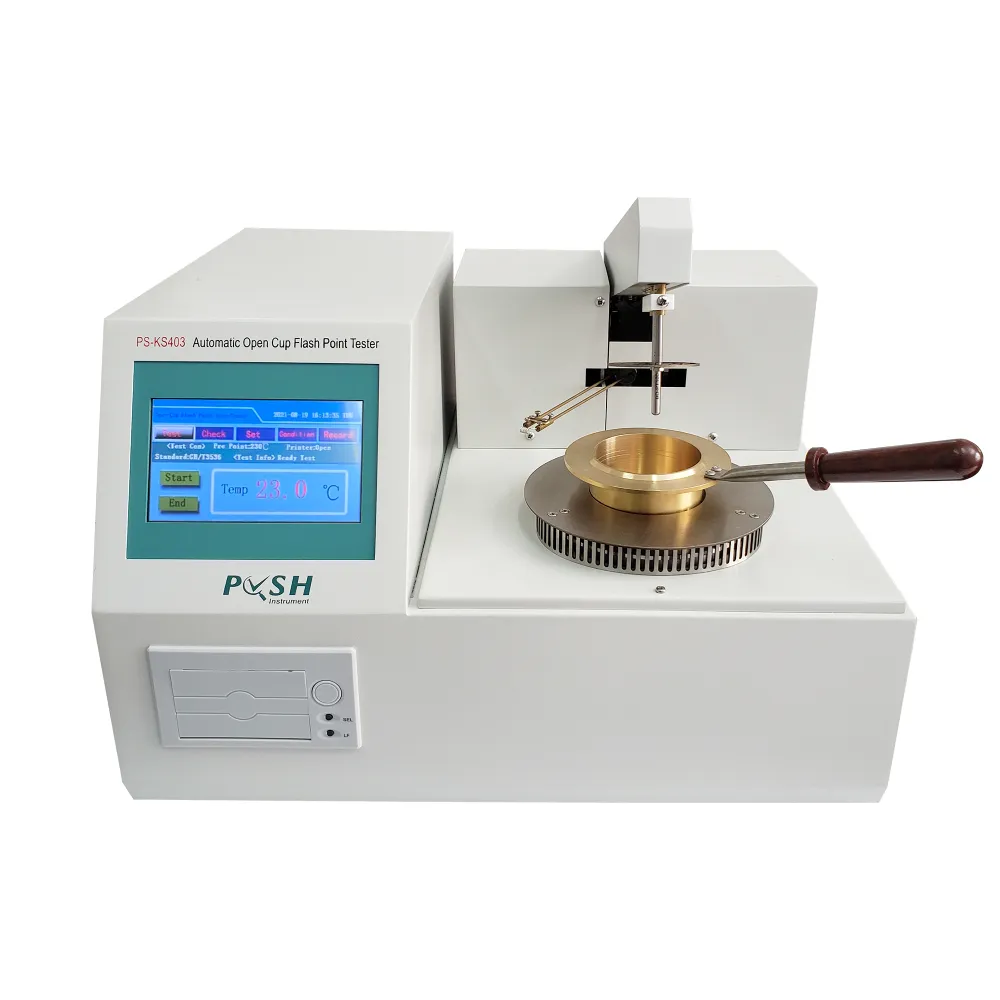 English
English



-
 Afrikaans
Afrikaans -
 Albanian
Albanian -
 Amharic
Amharic -
 Arabic
Arabic -
 Armenian
Armenian -
 Azerbaijani
Azerbaijani -
 Basque
Basque -
 Belarusian
Belarusian -
 Bengali
Bengali -
 Bosnian
Bosnian -
 Bulgarian
Bulgarian -
 Catalan
Catalan -
 Cebuano
Cebuano -
 China
China -
 China (Taiwan)
China (Taiwan) -
 Corsican
Corsican -
 Croatian
Croatian -
 Czech
Czech -
 Danish
Danish -
 Dutch
Dutch -
 English
English -
 Esperanto
Esperanto -
 Estonian
Estonian -
 Finnish
Finnish -
 French
French -
 Frisian
Frisian -
 Galician
Galician -
 Georgian
Georgian -
 German
German -
 Greek
Greek -
 Gujarati
Gujarati -
 Haitian Creole
Haitian Creole -
 hausa
hausa -
 hawaiian
hawaiian -
 Hebrew
Hebrew -
 Hindi
Hindi -
 Miao
Miao -
 Hungarian
Hungarian -
 Icelandic
Icelandic -
 igbo
igbo -
 Indonesian
Indonesian -
 irish
irish -
 Italian
Italian -
 Japanese
Japanese -
 Javanese
Javanese -
 Kannada
Kannada -
 kazakh
kazakh -
 Khmer
Khmer -
 Rwandese
Rwandese -
 Korean
Korean -
 Kurdish
Kurdish -
 Kyrgyz
Kyrgyz -
 Lao
Lao -
 Latin
Latin -
 Latvian
Latvian -
 Lithuanian
Lithuanian -
 Luxembourgish
Luxembourgish -
 Macedonian
Macedonian -
 Malgashi
Malgashi -
 Malay
Malay -
 Malayalam
Malayalam -
 Maltese
Maltese -
 Maori
Maori -
 Marathi
Marathi -
 Mongolian
Mongolian -
 Myanmar
Myanmar -
 Nepali
Nepali -
 Norwegian
Norwegian -
 Norwegian
Norwegian -
 Occitan
Occitan -
 Pashto
Pashto -
 Persian
Persian -
 Polish
Polish -
 Portuguese
Portuguese -
 Punjabi
Punjabi -
 Romanian
Romanian -
 Russian
Russian -
 Samoan
Samoan -
 Scottish Gaelic
Scottish Gaelic -
 Serbian
Serbian -
 Sesotho
Sesotho -
 Shona
Shona -
 Sindhi
Sindhi -
 Sinhala
Sinhala -
 Slovak
Slovak -
 Slovenian
Slovenian -
 Somali
Somali -
 Spanish
Spanish -
 Sundanese
Sundanese -
 Swahili
Swahili -
 Swedish
Swedish -
 Tagalog
Tagalog -
 Tajik
Tajik -
 Tamil
Tamil -
 Tatar
Tatar -
 Telugu
Telugu -
 Thai
Thai -
 Turkish
Turkish -
 Turkmen
Turkmen -
 Ukrainian
Ukrainian -
 Urdu
Urdu -
 Uighur
Uighur -
 Uzbek
Uzbek -
 Vietnamese
Vietnamese -
 Welsh
Welsh -
 Bantu
Bantu -
 Yiddish
Yiddish -
 Yoruba
Yoruba -
 Zulu
Zulu
Ground Resistance Measurement Tool for Accurate Electrical System Testing and Maintenance
Understanding Ground Impedance Tester Importance and Applications
In today's technologically driven world, maintaining the safety and reliability of electrical systems is paramount. One critical aspect of electrical safety is grounding, which involves providing a safe path for electrical currents to prevent hazardous situations. This is where a ground impedance tester comes into play, an essential tool used by electricians and engineers to assess the grounding system's integrity.
What is Ground Impedance?
Ground impedance refers to the opposition that a grounding system offers to the flow of electrical fault current. It consists of two parts resistance and reactance. The lower the ground impedance, the better the grounding system can conduct electrical faults safely into the earth. High ground impedance can lead to unsafe conditions, where fault currents do not dissipate rapidly enough, potentially causing equipment damage, electrical shocks, or fire hazards.
The Role of Ground Impedance Tester
A ground impedance tester measures the impedance of a grounding system to ensure it is within acceptable limits. This device is critical for various applications, from ensuring the safety of telecommunication installations and data centers to verifying the integrity of grounding systems in residential and industrial settings. Most grounding systems are designed to have a resistance of 5 ohms or less, making regular testing vital.
How Does It Work?
Ground impedance testers typically operate by injecting a low-frequency test current into the ground. This is done using a set of probes placed in the earth. The device measures the voltage drop across the grounding system and uses Ohm's Law (V=IR) to calculate impedance. The tester's design often incorporates advanced technology, including digital displays and data logging capabilities, allowing for accurate readings and easy analysis.
Importance of Regular Testing
ground impedance tester

Regularly testing ground impedance is crucial for several reasons
1. Safety Assurance Ensuring that grounding systems perform effectively can prevent dangerous electrical shocks and safeguarding personnel and equipment.
2. Regulatory Compliance Many industries are subject to regulations and standards requiring routine grounding system checks. Regular testing helps organizations comply with safety codes set by governing bodies.
3. Equipment Longevity A reliable grounding system mitigates the risk of equipment failure due to electrical surges or faults, prolonging the lifespan of critical infrastructure.
4. Problem Identification Regular testing can help identify problems within the grounding system, such as degraded connections, corrosion, or other types of damage that may not be immediately visible.
5. System Improvement Monitoring ground impedance can reveal opportunities for enhancing the effectiveness of existing grounding systems, leading to better performance and safety.
Conclusion
In conclusion, a ground impedance tester is an indispensable tool in the realm of electrical safety. By providing crucial information about the effectiveness of a grounding system, it enables service providers to ensure the safety and reliability of electrical installations. Regular testing facilitates compliance with regulations, promotes safety, and ensures the longevity of equipment. As technology continues to evolve, modern ground impedance testers are becoming more advanced and user-friendly, making them an essential part of safety protocols in various industries. For electricians and engineers, understanding and utilizing ground impedance testers is fundamental to maintaining safe and efficient electrical systems.
-
Testing Equipment Industry Sees Major Advancements in 2025: Smart & Precision Technologies Lead the WayNewsJun.06,2025
-
Applications of Direct Current Generators in Renewable Energy SystemsNewsJun.05,2025
-
Hipot Tester Calibration and Accuracy GuidelinesNewsJun.05,2025
-
Digital Circuit Breaker Analyzer Features and BenefitsNewsJun.05,2025
-
Benefits of Real-Time Power Quality Monitoring Devices for Industrial EfficiencyNewsJun.05,2025
-
Earth Fault Loop Testing in High-Rise Building Electrical SystemsNewsJun.05,2025



